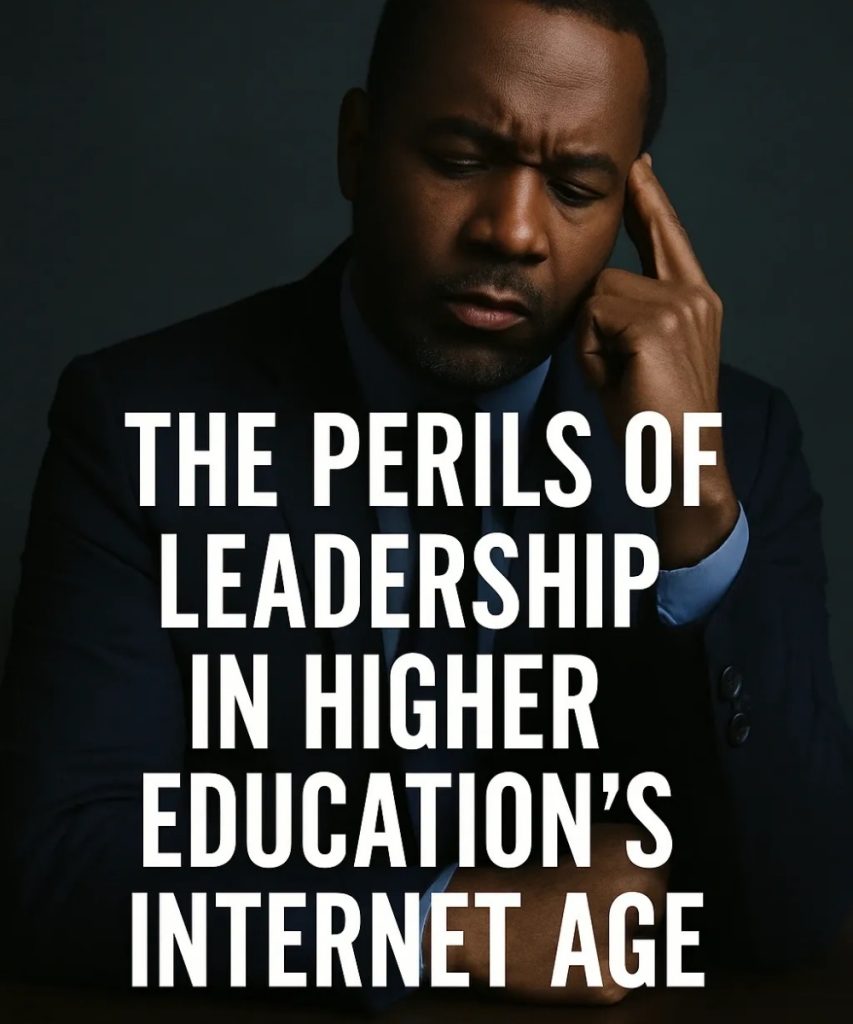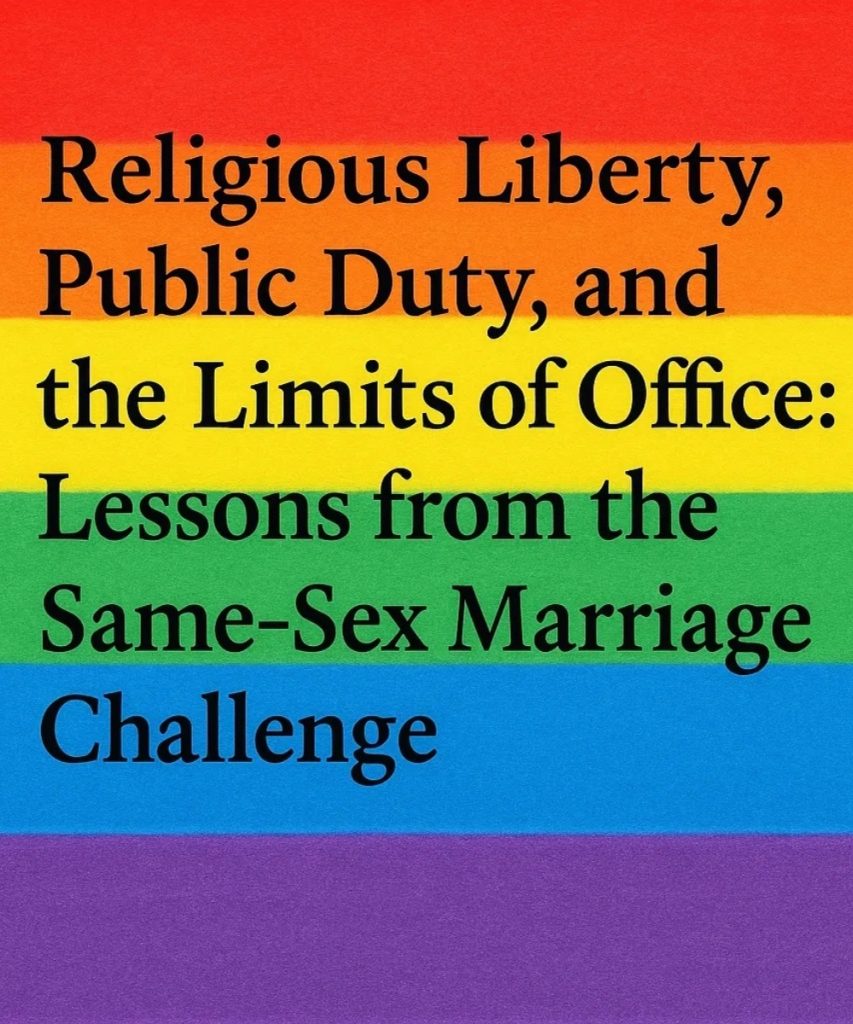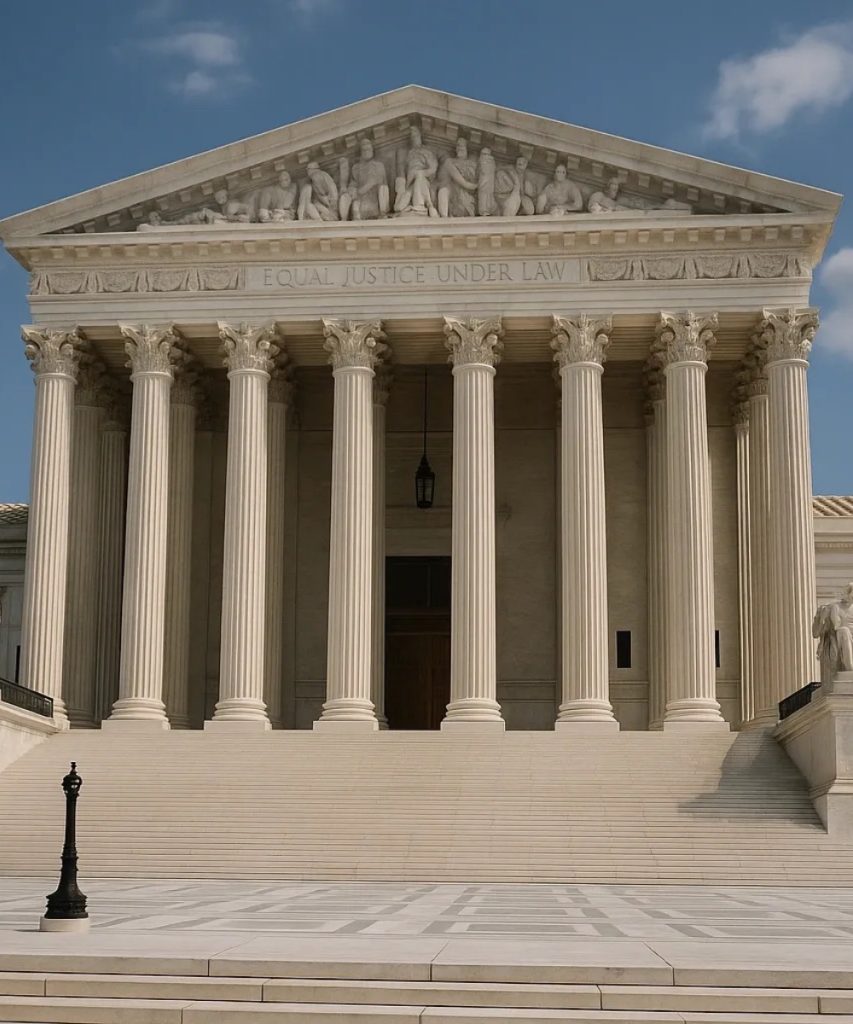Authentic Leadership and the Moral Imperative of Respecting Human Dignity
In a time of political division and moral uncertainty, real leadership begins with respect, for identity, for difference, and above all, for people.
Leadership is often misunderstood as the ability to command, manage, or persuade. In an age of political polarization and social fragmentation, it is increasingly important to ask a more fundamental question: What is leadership truly for?
Recently, we released a policy brief analyzing the disturbing rise in legislation that targets members of the LGBTQ community. These are not neutral policy disagreements. They are deliberate efforts to erase identities, restrict freedoms, and devalue lives. These actions are not merely political strategies. They are moral failures.
At the heart of authentic leadership is an unwavering respect for human dignity. It is not enough to claim a commitment to equity or to express solidarity in times of crisis. Leaders must embody their values through action, even when it costs them political capital or personal comfort. This is not a matter of style. It is a matter of substance.
The Ethical Foundation of Leadership
Philosophers like Immanuel Kant have long asserted that human beings must never be treated as means to an end but always as ends in themselves. This foundational principle should animate every aspect of leadership. It means that people are not tools to be used, demographics to be managed, or obstacles to be overcome. They are individuals with worth, agency, and voice.
Leadership that ignores this principle is not leadership at all. It is exploitation cloaked in formality. Authentic leadership insists on acknowledging the full humanity of those we are privileged to serve. It is consistent, principled, and relational.
Imperfection, Accountability, and Growth
Authentic leaders are not perfect. They make mistakes, fall short, and at times not compassion from others. What defines them is not perfection but their response to imperfection. The mark of a true leader is the willingness to acknowledge their imperfections, to seek accountability, and to commit to growth.
This is not easy work. It requires vulnerability. It requires courage. It requires a deep sense of purpose that transcends ego or ambition. In a culture that rewards performance over principle, the act of taking responsibility has become radical. Yet it remains the cornerstone of moral leadership.
To lead with integrity means to move beyond defensiveness and into dialogue. It means listening deeply, apologizing sincerely, and working relentlessly to repair what has been broken.
Diversity as a Source of Strength
Our nation is not homogenous. It is rich with difference, complexity, and contradiction. Race, gender, sexuality, disability, faith, and culture are not challenges to leadership. They are the very context in which leadership becomes meaningful. To lead in a diverse society is to understand that difference is not a threat but a source of collective strength.
Policies that seek to erase, diminish, or dehumanize those who do not fit into a narrow cultural mold are policies that weaken our democracy and our humanity. They must be called what they are. They are attempts to consolidate power through fear and exclusion.
True leadership rises to meet this challenge. It stands unapologetically with those who are targeted and silenced. It protects the vulnerable. It creates space where every person is seen, heard, and valued.
Respecting difference is not optional. It is a moral imperative. It reflects a belief in the dignity of every person and a commitment to building systems where justice is not the exception but the expectation.
A Higher Standard of Leadership
Leadership is not defined by titles or resumes. It is defined by what we do when people are watching and when they are not. It is defined by whether we choose silence or speech, complicity or resistance, complacency or courage.
At this moment in history, we do not need leaders who are merely efficient or popular. We need leaders who are principled. Leaders who are willing to lose favor in order to preserve justice. Leaders who do not wait for permission to do what is right.
This is the standard to which we must hold ourselves. This is the model we must uphold for the next generation. Leadership is not about personal advancement. It is about moral clarity and public responsibility.
The attacks on LGBTQ rights are a test of our leadership. They challenge us to decide whether we will stand on the sidelines or step forward with conviction. They compel us to ask whether our leadership serves the powerful or protects the marginalized.
I choose to lead with courage. I choose to center human dignity in every decision I make. I choose to speak even when silence is safer.
This is not a performance. This is a commitment.
This is the leadership our communities need. This is the leadership I strive to embody.




